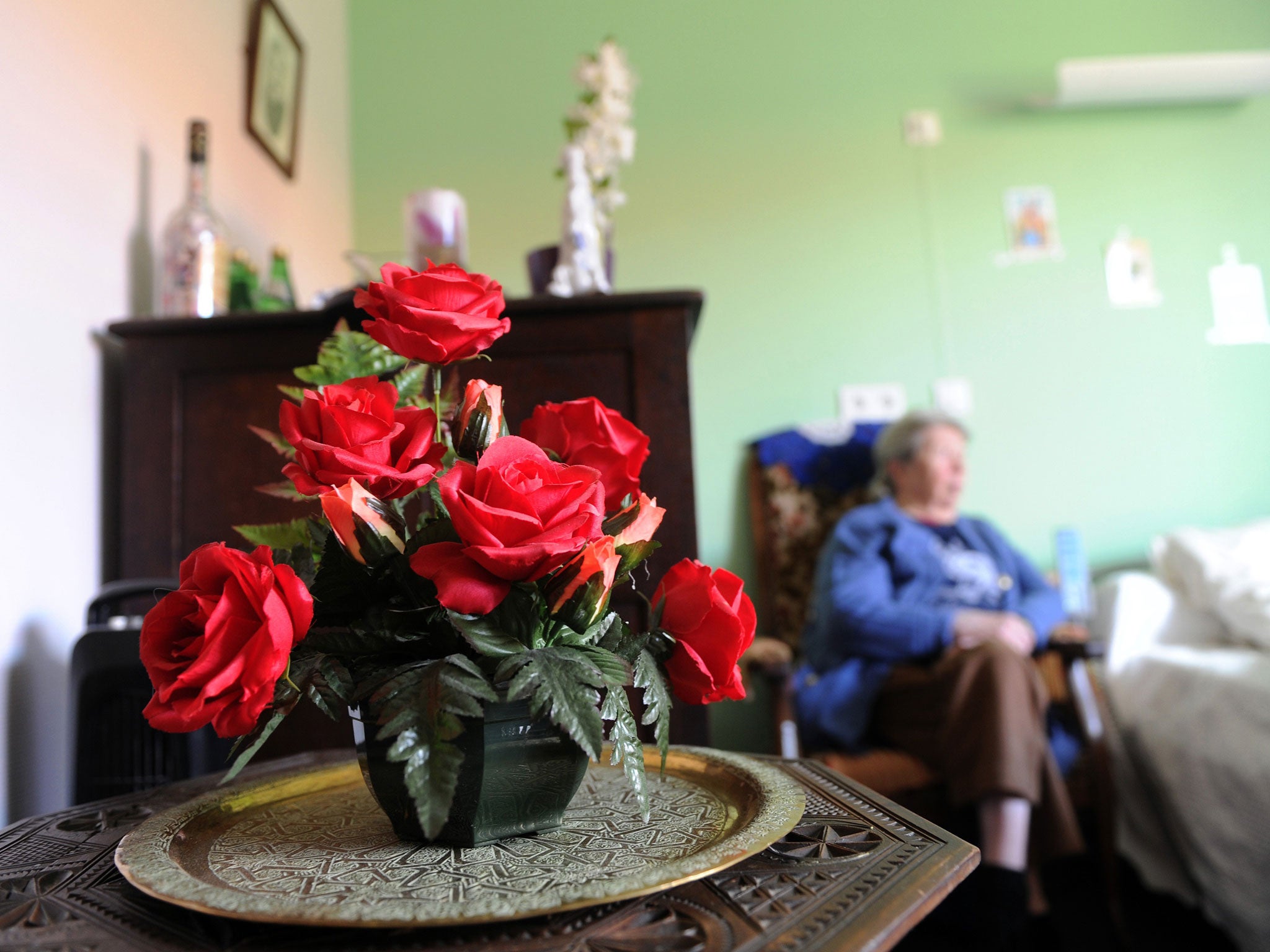Inheritance Tax freeze: Hunt to defend watered-down help for elderly as critics claim changes amount to 'dementia tax'
Minister to claim £75,000 social care cap and new means test limit will benefit thousands

An extra 100,000 people will be helped by changes to social care funding, ministers will claim tomorrow, as the Government tries to deflect claims that the elderly are being hit by a "dementia tax".
The Health Secretary, Jeremy Hunt, and Chancellor George Osborne, will announce a cap on social care costs of £75,000, with the cost of any care above that being paid for by the state. This is far higher than had been suggested by the Dilnot Commission into the funding of support for the elderly.
Yet the current means-test threshold of £23,000, where people with savings of more than that figure miss out on state funding for residential care, will be raised to £123,000, sources said. The two measures will, the Treasury claims, help 100,000 extra pensioners when the changes are introduced in 2017.
Cross-party talks on the future of social care funding broke down repeatedly during the last government. The coalition commissioned Sir Andrew Dilnot to draw up plans, which included a cap of between £35,000 and £50,000. Critics said the £75,000 went far higher than Dilnot's plans, but a Treasury source insisted that the £75,000 in 2017 was equivalent to £61,000 in 2010-11 prices.
The plans, which form part of the coalition's Mid-Term Review, will cost £1bn a year, to be funded by extending the freeze on the inheritance tax threshold by three years from 2015-16. Savings will also be found from changes to private- and public-sector employer national insurance contributions associated with the end of contracting out.
There is no current cap on social care costs, meaning that elderly people face unlimited bills. From 2017, the Government will pay for residential care costs over £75,000. The reforms will also include free care given to those who turn 18 with eligible care needs, and a lower cap for people of working age who develop care needs before retirement age.
In the Commons tomorrow, Mr Hunt will also announce that from April 2015, no one will have to sell their home in their lifetime to pay for residential care, with those unable to afford the fees given the right to defer paying during their lifetime.
Campaigners have warned that £75,000 would be too high and would mean many people would still have to sell their homes to pay for care.
Stephen Burke, director of United for All Ages, said: "When families realise what is being proposed, they will be in for a rude shock. It is a con of the worst sorts. There are fairer and better alternatives."
The Labour peer Lord Warner, who sat on the Dilnot Commission, said: 'Essentially, we thought the fairest way of doing this – and it wasn't a precise science, setting the cap – but we thought it was somewhere in that range of £35,000 to £50,000.
The Alzheimer's Society said a £75,000 cap would only help "the few": "Capping care costs for the first time is a step in the right direction, but a £75,000 cap is so high that it would only help the few.
"The 800,000 people with dementia in the UK are among the hardest hit by a system that charges massive amounts for essential care."
Subscribe to Independent Premium to bookmark this article
Want to bookmark your favourite articles and stories to read or reference later? Start your Independent Premium subscription today.

Join our commenting forum
Join thought-provoking conversations, follow other Independent readers and see their replies